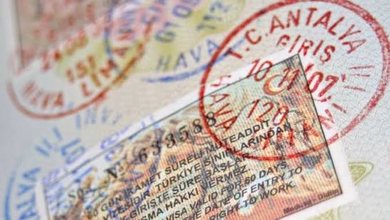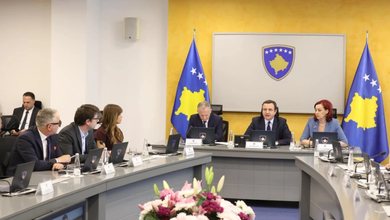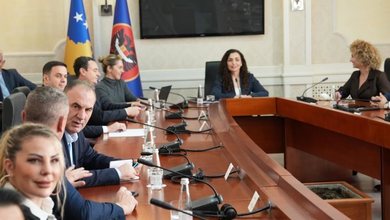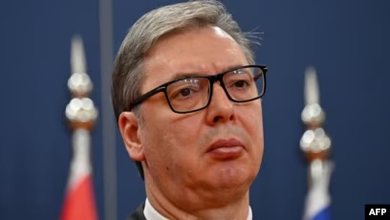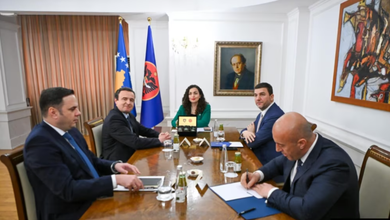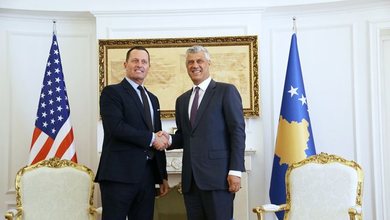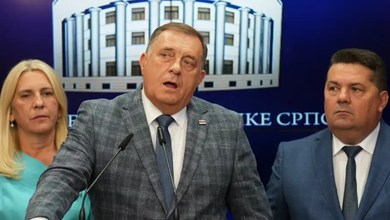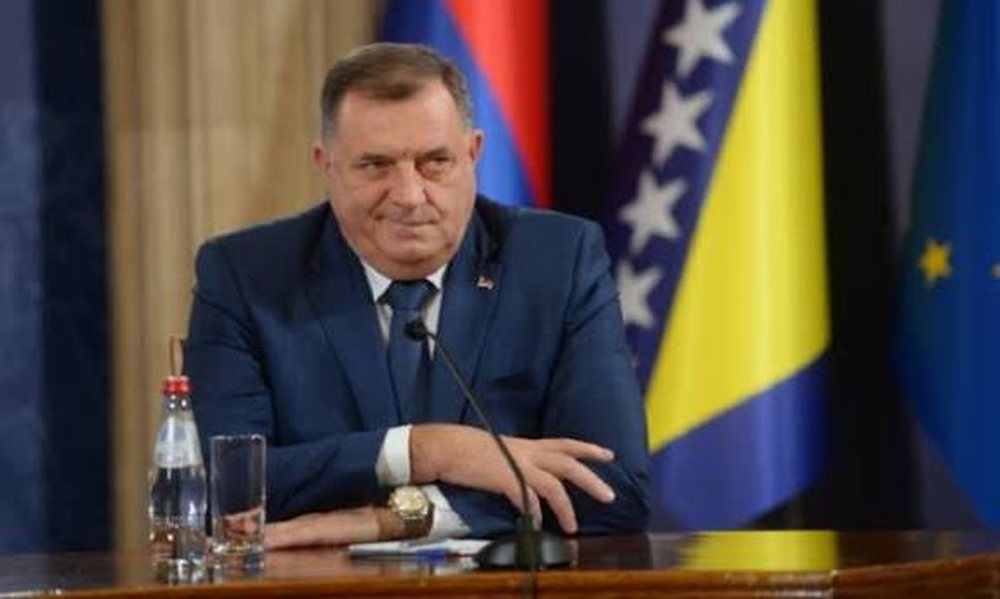
The United States lifted sanctions on Milorad Dodik, but is this a new political chapter in Bosnia and Herzegovina?
Adnan Qerimagic, an analyst at the European Stability Initiative in Berlin, believes that with this step, the US showed that it "is still in the driver's seat" when it comes to international engagement in Bosnia and Herzegovina.
"The decision to lift the sanctions is part of the Trump administration's efforts, which have lasted for several months, and is related to efforts to contribute to the de-escalation of the situation in Bosnia and Herzegovina," Qerimagic tells Radio Free Europe.
He adds that the decision on sanctions is a reflection of President Donald Trump's "transactional policy." According to him, this reaction of the US State Department shows that the American side sees room for a "new relationship" with the actors in Bosnia and Herzegovina, based mainly on common economic interests.
Former Republika Srpska President Dodik and 48 individuals and companies were removed from the US Treasury Department's blacklist on October 29.
The State Department explained to Radio Free Europe/Radio Liberty that the actions of the National Assembly of Republika Srpska, which annulled a series of unconstitutional laws at its session on October 18, greatly influenced this decision.
At the same session, Dodik's longtime advisor, Ana Trisic Babic, was elected interim president of Republika Srpska, until early elections on November 23.
Dodik was stripped of his mandate as the entity's president in August after the Court of Bosnia and Herzegovina sentenced him to one year in prison and a six-year ban on holding public office for failing to comply with decisions by the high international representative in Bosnia.
The editor of the "Buka" portal, Aleksandar Trifunovic, says that Dodik has understood the message from Washington, which is why, for a long time, he has not spoken about the separation of Republika Srpska from Bosnia and Herzegovina or about unification with Serbia.
“America is only interested in a united Bosnia and Herzegovina and this is the line that [US Secretary of State] Marco Rubio has been stating since the beginning of this year… that America will certainly oppose any attempt to destabilize the state of Bosnia and Herzegovina,” says Trifunovic.
Qerimagic, on the other hand, does not expect the United States to neglect the political capital it possesses, now that the sanctions against Dodik have been lifted.
"I think they will try to show that everything they have done so far leads to concrete further steps, and I wouldn't be surprised if it's about the budget or some other documents," he says.
University professor from Sarajevo, Enver Kazaz, believes that "the US has decided to avoid Russian influence in the Balkans and show the Russians that this area is its sphere of interest."
“With the lifting of sanctions and Dodik’s removal from all key positions, Russian influence in Bosnia and Herzegovina through his party, the Alliance of Independent Social Democrats (SNSD), is extinguished,” says Kazaz.
Trifunovic has no doubt that the SNSD will feel more empowered after the sanctions are lifted and that Dodik now has "a much better position" than a few months ago, when many politicians considered him "thrown into the political trash can."
"In this context, it will be very important for any future direction that Bosnia and Herzegovina will take towards the EU, NATO, etc. And, it is certain that it will be even tougher than before," Trifunovic estimates.
Qerimagic says there are two options, returning to "destructive policies" or finding a common language.
The state-level coalition collapsed in January, when Dodik's SNSD MPs did not vote for two reform laws that were supposed to bring the country closer to the EU.
Representatives of the Troika – three parties from the Federation of Bosnia and Herzegovina (Social Democratic Party, People and Justice, Our Party), assessed at the time that this was a “violation of the coalition agreement” and accused Dodik and his party of “undermining the peace and security of Bosnia and Herzegovina and the region, through unconstitutional actions.”
After that, they attempted several times to dismiss SNSD officials from the Council of Ministers of Bosnia and Herzegovina, but they failed, due to the blockades of Dodik's party in the Assembly of Bosnia and Herzegovina.
The budget was supposed to be approved in October 2024, but due to the collapse of the coalition and political blockades, the country spent the entire year with temporary funding.
For this reason, unions of workers in state administration and public institutions have filed criminal charges against members of the Presidency of Bosnia and Herzegovina and the Council of Ministers, after they were previously promised salary increases.
At the end of September, shortly before the deadline, the authorities of Bosnia and Herzegovina adopted the Reform Agenda – a list of economic and social reforms that the European Union requires as a condition for granting funds from the Growth Plan for the Western Balkans.
Bosnia and Herzegovina was the only one in the region that delayed the adoption of this document by almost two years, and due to this delay, the estimated amount of one billion euros was reduced by 108.5 million. /REL



